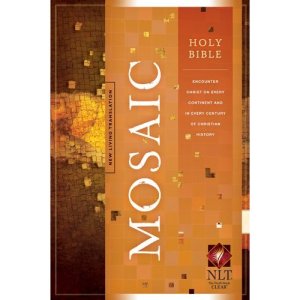Q: Where did the term “dark night of the soul” come from?
R: The phrase first turned up in the poetry of Spanish Carmelite monk John of the Cross in the 16th Century. He composed many poems while in torment in prison.
Q: “Dark” seems awfully negative, is it?
R: In Spanish the term is closer to the word “obscure”. Though the process may be confusing and painful, “dark” is not implying a negative state. It is a description, especially once one is aware of the progression of growth involved, and knows how the dawn will approach.
Q: Is the “dark night of the soul” the same as depression?
R: No. It’s also not a “spiritual term” for the suffering of someone who needs help for trauma/abuse, medical treatment for illness (mental and otherwise), and/or therapy. Sometimes the two states are seen hand-in-hand, and many times they are not.
Q: Are there different kinds of “dark nights” of the soul?
R: Yes. John of the Cross spoke of a “dark night” involving the senses, and one involving the spirit. One may have numerous dark nights of the senses. (I will go into more detail in future posts.)
Q: What is a good way to recognize a “dark night”.
R: A dark night of the senses may “feel” as though modes of prayer, experiencing the spiritual, or spiritual practices don’t “work” or satisfy. God may “feel” out of reach, distant, unavailable, or gone. It may feel like a dry period, or a time of being in a spiritual dessert. (This is not cause for discouragement or alarm, but for stamina. It is a Divine invitation for growth, and greater spiritual depth beyond what one knows. I will elaborate on what is taking place more in future posts.)
Next time I will post about the “dark night and ‘union with God’,” the process of the “dark night,” any questions/responses that come in from this post, and more. Come back soon.
Information taken from my reading: Gerald G. May, M.D. The Dark Night of the Soul: A Psychiatrist Explores the Connection Between Darkness and Spiritual Growth. Harper San Francisco, 2004.
My (upcoming) book Life as Prayer: A New Paradigm for contemporary Spirituality Inspired by Ancient Piety dedicates a whole chapter to this topic. I will update this blog with details as this work continues. Thanks for your interest. I welcome your thoughts and comments.
Now, Read PART II



